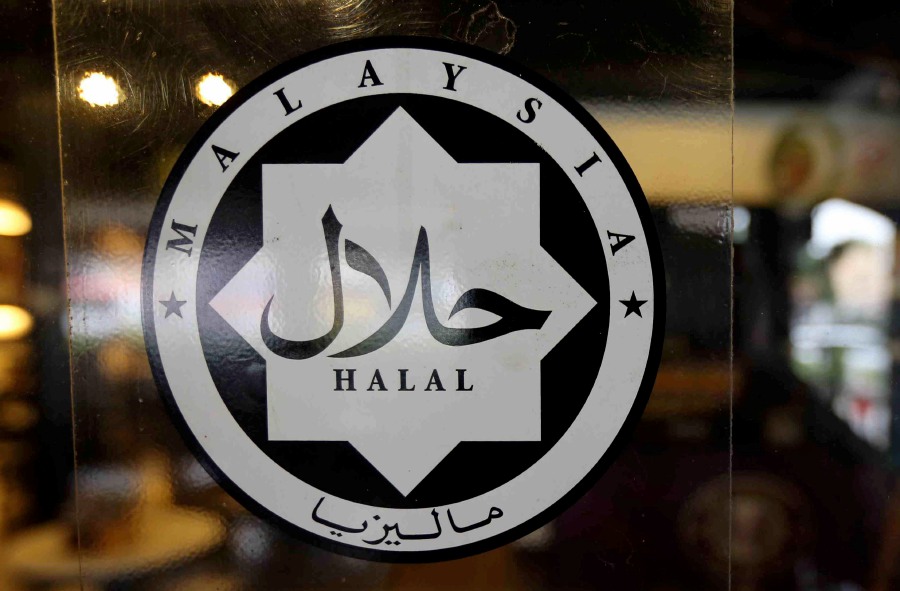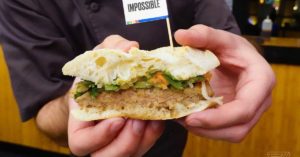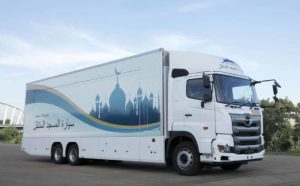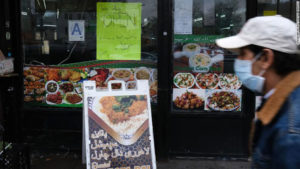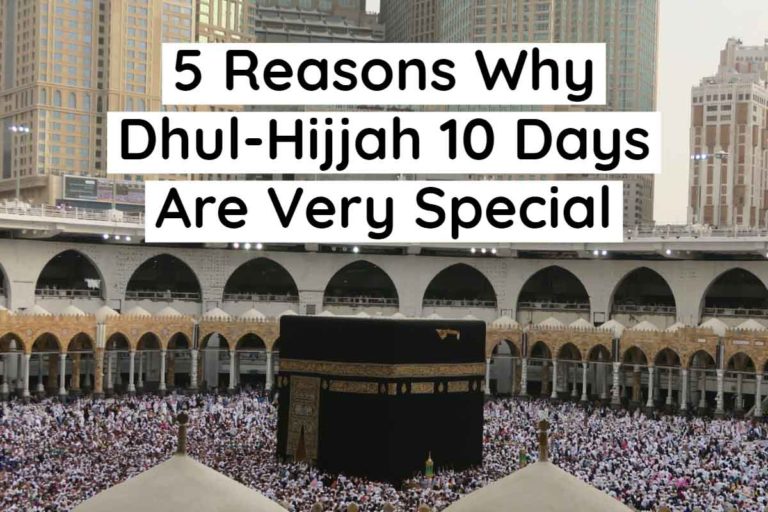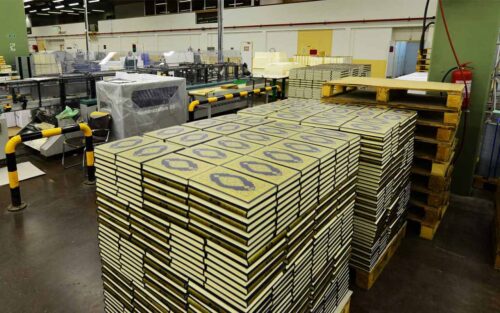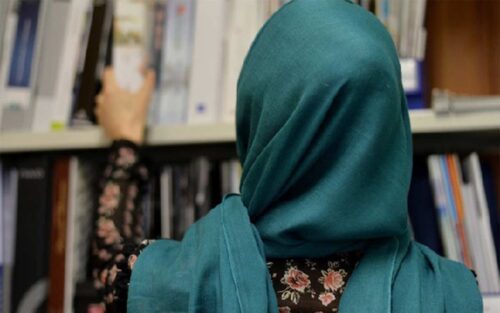With 5 million Muslim visitors from the Middle East, Africa and Southeast Asia expected to descend on Tokyo for the sporting spectacular, which takes place between July and September, Japan has teamed up with Malaysia to introduce Muslim-friendly standards (MFS) for the Japanese food industry.
Malaysia wants to use the Games as a springboard to boost halal exports, which include food and cosmetics, by about a fifth to $12 billion this year. It exported halal goods worth $604 million to Japan in 2018, 90% of it food and food ingredients.
Malaysia is the only country to have reached a halal cooperation deal with Tokyo for the Games.
MyChef aims to triple its revenue to 4.5 million ringgit ($1 million) this year. It is in talks with Japanese retailer Aeon to jointly develop a line of ready-to-eat halal meals and snacks, Ahmad Husaini said.
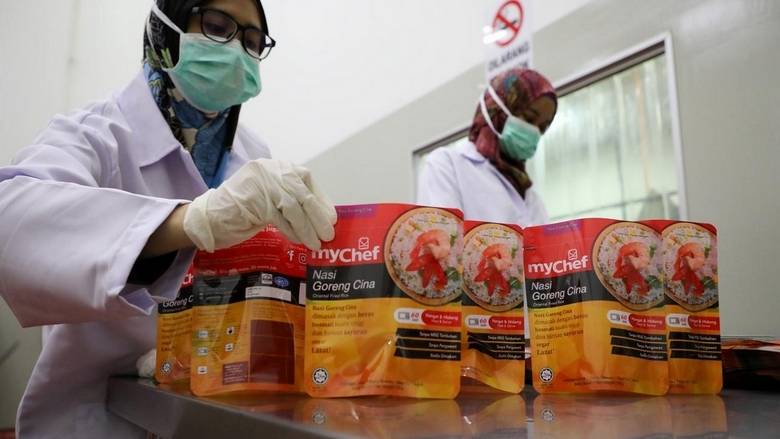
Malaysia’s halal trade has lagged behind non-Muslim nations such as the United States, China, and Brazil. The value of the global halal market is projected to reach $2.6 trillion by 2023, nearly double 2017 levels, according to Dublin-based data firm Research and Markets.
Malaysia’s government has set an ambitious target of selling as much as $300 million worth of halal food and products to Muslims and non-Muslims around the Games.
It has secured space on the sidelines to host a “Malaysia Street 2020” promotion, which will offer opportunities to sell food and for firms to meet Japanese buyers and distributors.
“We have a lot to learn from Malaysian authorities and in return, Malaysian companies have more chances to expand their business,” said Hideto Nakajima, an economic counselor at the Japanese embassy in Malaysia.
The number of tourists to Japan from Southeast Asia, the region with the world’s biggest Muslim population, has jumped in recent years thanks to relaxed visa rules.
As Japan looks to draw a record 40 million tourists this year, Malaysia estimates 8 million of them will be Muslim.


